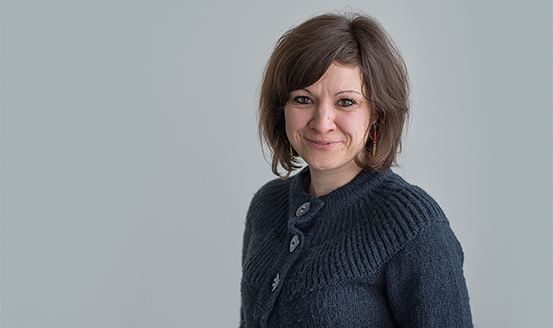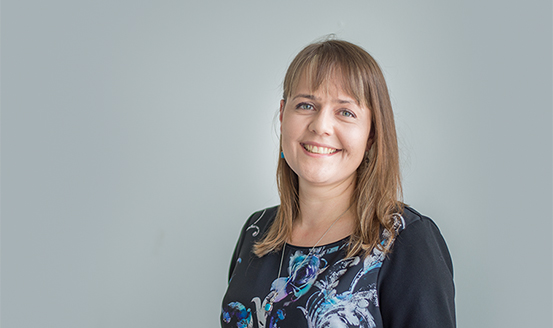Phonetic and Phonological Systems Analysis
“A fully comprehensive analysis is not required for every child. A systematic, principled analysis is, however, necessary in all cases since it forms an integral part of the clinical decision-making process.”
Bates & Watson (2012, p 105)
The PPSA is a tool designed by Dr Sally Bates (Marjon) and Dr Jocelynne Watson (QMU) to aid a straightforward and linguistically principled organisation of phonetically transcribed speech data. We have found this approach helpful in our own clinical practice with children with Specific Speech Impairment and in student teaching. It has also been used by SLT/P colleagues on an informal word-of-mouth basis. Their encouragement has lead to our making it more widely available as a free downloadable resource. (The conditions of use are described under the Creative Commons License below.)
We also include an interpretation of completed PPSAs for two children with speech difficulties to illustrate how charting an appropriate data sample on the PPSA gives us confidence that we have:
- a real understanding of the child’s system at a particular point in development
- a solid evidence base for principled clinical decision-making with regard to diagnosis, identifying intervention targets, justifying therapy approach and measuring outcome.
A Vowel Systems Analysis sheet to capture the Belfast vowel system is also available, provided by Dr Jill Titterington (University of Ulster) and Dr Joan Railly (Queen's University, Belfast).
This gives us an opportunity to update you if more information becomes available. We also welcome feedback. Please e-mail PPSA@qmu.ac.uk.
Key points of the Creative Commons License operating with this PPSA Resource
Sally Bates & Jocelynne Watson (Authors). QMU and UCPMarjon ©
Phonetic and Phonological Systems Analysis (PPSA) is licensed under a: Creative Commons License.
Creative Commons Attribution-Non-Commercial-NoDerivs 3.0 Unported License.
You are free:
- to Share — to copy, distribute and transmit the work
Under the following conditions:
-
Attribution — You must attribute the work in the manner specified by the author or licensor (but not in any way that suggests that they endorse you or your use of the work).
-
What does "Attribute this work" mean?The page you came from contained embedded licensing metadata, including how the creator wishes to be attributed for re-use. You can use the HTML here to cite the work. Doing so will also include metadata on your page so that others can find the original work as well.
-
Noncommercial — You may not use this work for commercial purposes.
-
No Derivative Works — You may not alter, transform, or build upon this work.
With the understanding that:
- Waiver — Any of the above conditions can be waived if you get permission from the copyright holder.
- Public Domain — Where the work or any of its elements is in the public domain under applicable law, that status is in no way affected by the license.
- Other Rights — In no way are any of the following rights affected by the license:
- Your fair dealing or fair use rights, or other applicable copyright exceptions and limitations;
- The author's moral rights;
- Rights other persons may have either in the work itself or in how the work is used, such as publicity or privacy rights.
- Notice — For any reuse or distribution, you must make clear to others the license terms of this work. The best way to do this is with a link to this web page.
Reference
Bates, S. and Watson, J. (2012) Working with children with specific speech impairment (SSI). In: Speech and Language Therapy: The decision-making process when working with children. [Editors M. Kersner & J. Wright] Taylor & Francis, pp. 99-108.
If you would like to reference this resource for student teaching or use in research the following format is appropriate:
Bates, S. and Watson, J. 2012. PPSA (Phonetic and Phonological Systems Analysis) [online] Available at: https://www.qmu.ac.uk/schools-and-divisions/shs/ppsa/ [Accessed January 17 2012].”
Contact: Dr Jocelynne Watson














